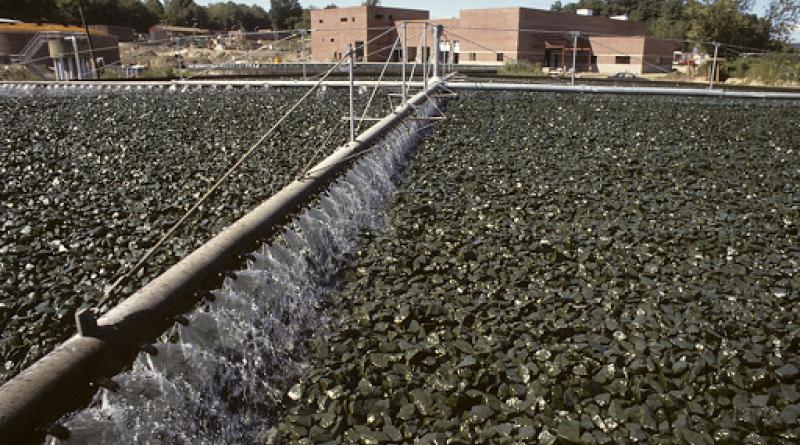World Bank Initiative Explores Innovative Use and Reuse of Wastewater.

STORY HIGHLIGHTS
-The report reflects on the ‘Wastewater: From Waste to Resource’ initiative implemented in the LAC region, arguing lessons learned from this region are applicable globally.
-The report proposes four key actions to achieve a paradigm shift in the wastewater sector.
-Case studies in the report share best practices and highlights programs and projects that promote implementation of circular economy principles.
The World Bank has reported on findings from an initiative on innovative use and reuse of wastewater. The report calls for increased action to reclaim and utilize wastewater, underscoring the potential public health and environmental benefits of smarter wastewater management.
The report titled, ‘From Waste to Resources: Shifting Paradigms for Smarter Wastewater Interventions in Latin America and the Caribbean,’ reflects on the ‘Wastewater: From Waste to Resource’ initiative implemented in the Latin America and the Caribbean (LAC) region. The report states that the challenges faced in the LAC region “are not unique” and best practices from the region can help promote a paradigm shift towards a circular economy.
The World Bank aims to expand the initiative into a global initiative that can provide solutions to implement circular economy principles in wastewater projects around the world. The World Bank stresses that safely managed water, sanitation and hygiene (WASH) services are essential in preventing disease and protecting human health, including during the COVID-19 pandemic.
Lessons learned from the LAC region’s experience suggest four key actions to achieve a paradigm shift in the wastewater sector.
- First, the report recommends planning wastewater treatment within the river basin to maximize benefits, improve efficiency and resource allocation, and engage stakeholders.
- Second, the report calls for moving from wastewater treatment plants towards water resource recovery facilities. The report argues countries need to “recognize the real value of wastewater and the potential resources that can be extracted from it”, including clean water, energy and nutrients.
- Third, the report proposes implementing innovative financing and business models, including efficient subsidies.
- Fourth, the report suggests implementing necessary policy, institutional and regulatory frameworks to facilitate a shift towards reuse and resource recovery and a circular economy.
Case studies in the report share best practices and highlight programs and projects that promote implementation of circular economy principles. Cases range from the potential for generating energy from anaerobic ponds in Bolivia to the generation and sale of biogas in Chile, which has generated an annual net profit of US$1 million for the wastewater treatment plant. A case from Egypt describes the role of public private partnerships in fostering wastewater reuse and increasing wastewater coverage. Cases from Peru and South Africa focus on wastewater reuse for industrial purposes: the wastewater plant in Cusco, Peru, saves USD230,000 annually by transporting biosolids for compost and avoiding landfill fees. These and other examples in the report showcase “what’s possible when governments at all levels apply circular economy principles to their wastewater challenges.”
The World Bank’s Water Global Practice Global Director, Jennifer Sara, stressed wastewater treatment for reuse “is part of the solution to water scarcity and pollution problems.” She emphasized that treated wastewater can be used to replace freshwater for industrial practices, irrigation or recreational purposes.
In presenting the report’s findings, Diego Juan Rodriguez, author of the report and a World Bank Senior Water Resources Management Specialist, said wastewater “should not be considered a ‘waste’ anymore, but a resource.” He highlighted the potential to transform sanitation from a costly service to one that is “self sustaining and adds value to the economy,” explaining such actions can also help countries bridge the funding gap to achieve the SDGs.
16 April 2020
IISD




